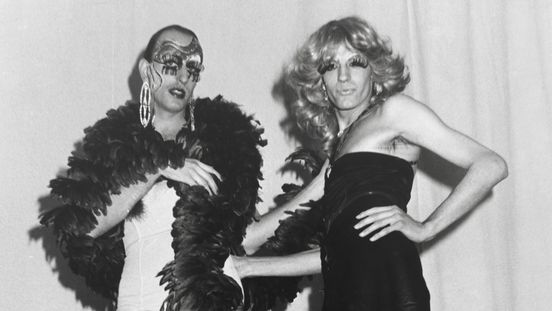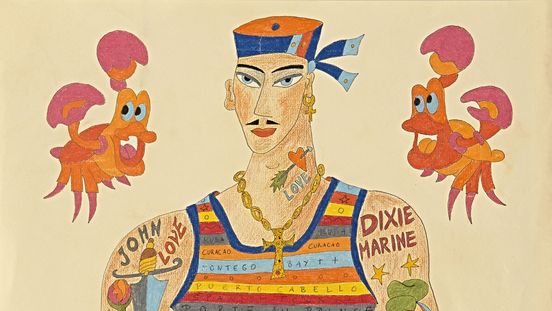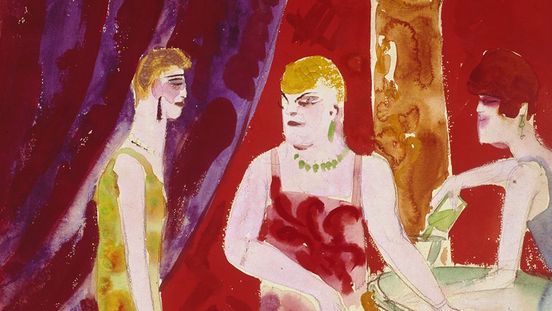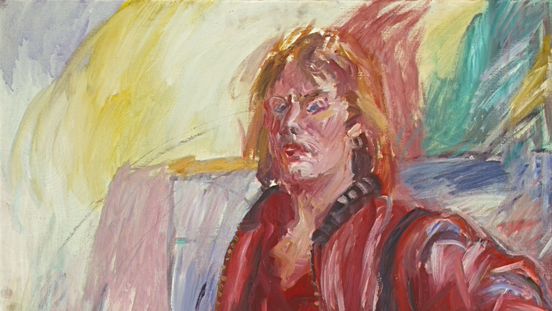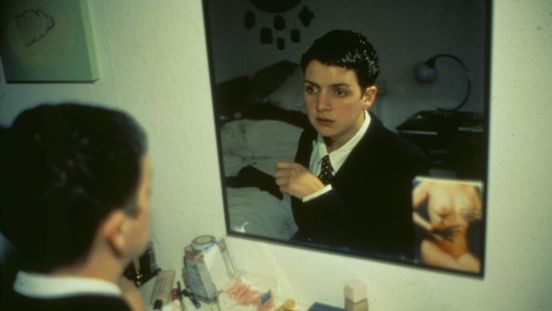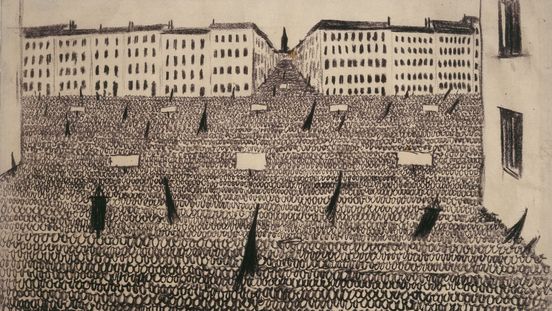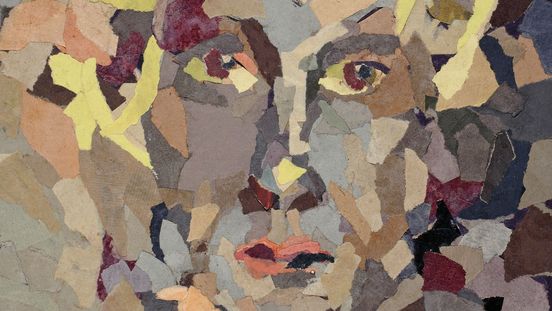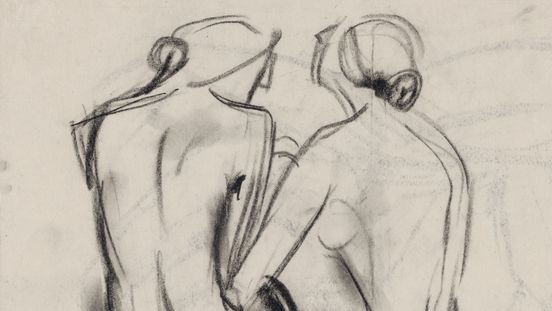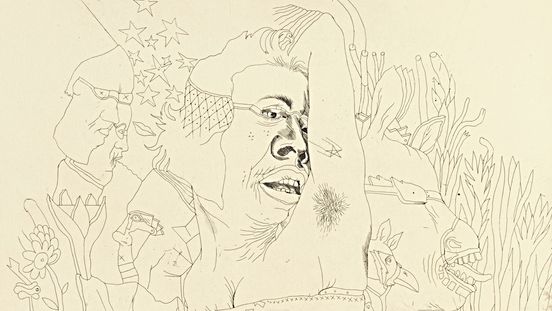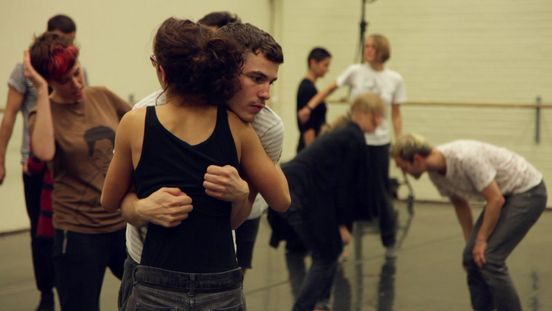Two men in Paris’s Jardin du Luxembourg, 1952. One of them is the photographer, Herbert Tobias (1924–1982). He is sitting casually in his chair, his arms dangling, his head leaning back. The other man keeps his identity to himself. Hidden behind a column, the stranger puts his hand on the thigh of Tobias, who cherishes the touch with eyes closed. The camera, at knee height in the shade of the column, is an unseen observer in this configuration. Tobias has carefully staged the scene, however. His use of a cable release to activate the shutter gives the composition its intimacy. Thus, the photographer casts the viewers as seemingly furtive witnesses to a covert dalliance.
In the 1950s, such encounters were criminalised in many places. In Germany, Herbert Tobias and his American partner Richard (known as Dick) were prosecuted under Paragraph 175 of the Criminal Code, resulting in Dick’s deportation and the couple’s emigration to Paris. Laws in France were more liberal. Although, in the repressive mid-century climate, gay socializing had mostly been driven underground there as well, gay life was not confined to private spaces. The Jardin du Luxembourg, which remains a Parisian cruising spot to this day, was already a popular meeting place for gay men, including those seeking sex. The image speaks to the tension between secrecy and the public sphere that characterised such encounters.
Today, Tobias’s photograph can be read as documentation of an alternative, gay public sphere. In numerous photographic portraits, we not only come across the photographer’s friends, partners and lovers – recurring characters such as Claude or Dick – but also see passing acquaintances from the street. Titles such as "The Boy at 'Hotel Metro'" (1954) and "The Boy from East Berlin" (1957) suggest the fleetingness of these encounters, while the nudity of the bodies these photographs depict implies the episodes’ intimacy.
